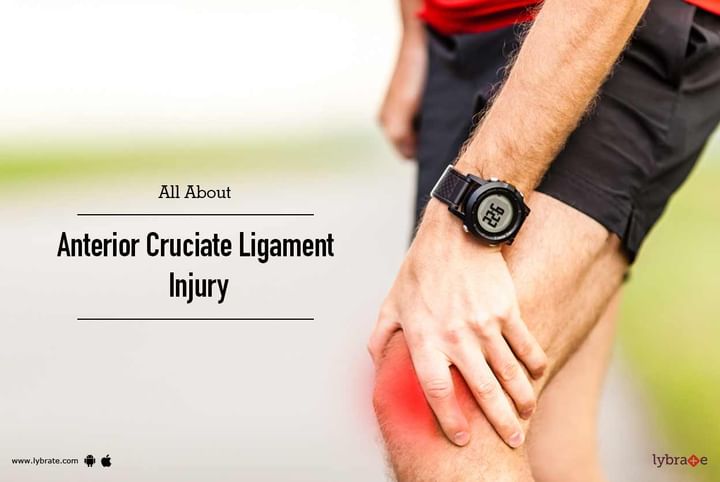All About Anterior Cruciate Ligament Injury
In general, anterior cruciate ligament injuries or ACL injuries, are understood as tears in any of the several knee ligaments joining the upper leg bone and the lower leg bone. This can vary from minor injuries, such as small ligament tears, to more serious cases like complete tears or when the ligament and one of the bones gets displaced from the other. These injuries usually occur during sports activities, like soccer, basketball, football, gymnastics, tennis, volleyball, etc. An untreated ACL injury can lead to a condition called an ACL deficiency. This can cause a lot of problems with regard to knee movements as the bones may rub against each other, causing a lot of pain. In some cases, the cartilage covering the ends of the bones may get damaged, eventually tearing and trapping the cushion pads supporting the knee joints.
Symptoms:
Signs and symptoms of anterior cruciate ligament may include:
- You are unable to move properly.
- You experience immense pain while walking up and down stairs.
- You are unable to engage much in physical activities.
- Your knee begins to swell gradually.
- You can sense a loud popping sensation when moving your knee.
- You experience feelings of instability.
Causes:
Anterior cruciate ligament injuries generally occur during sports. Here are some common possible instances that might happen during a game:
- Sudden arrest in motion
- An unsteady landing from a jump
- Direct blows to the knee from tackles
- Sudden shifts in direction
Treatment:
Treatment of ACL injuries normally involves the following:
1. Immediate medical attention along with intense first aid care
2. Sincere adherence to the R.I.C.E model of self care
- Rest: proper rest for a couple of weeks or months depending upon the severity of the injury
- Ice: using ice packs to help cool the nerves
- Compression: ice treatment further helps in compression
- Elevation: when lying down in bed, it is strongly recommended that you keep your affected leg at a slightly higher position, through the use of pillows or cushions
3. Success rehabilitative therapy for several weeks
4. Anterior cruciate ligament surgery or reconstruction



+1.svg)
